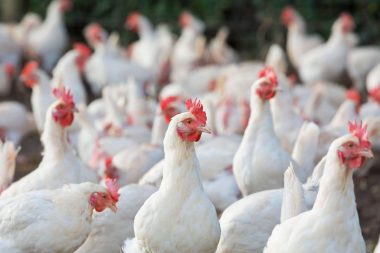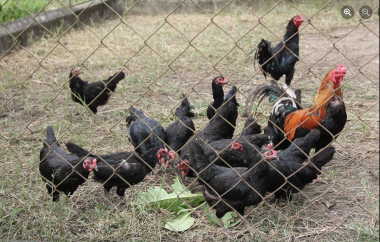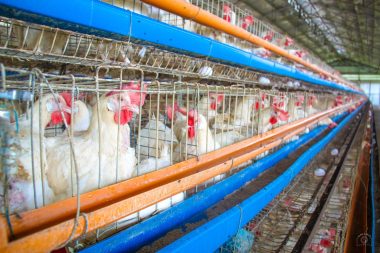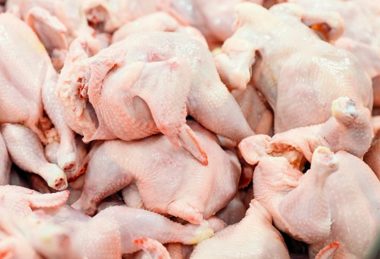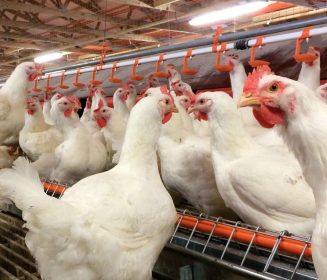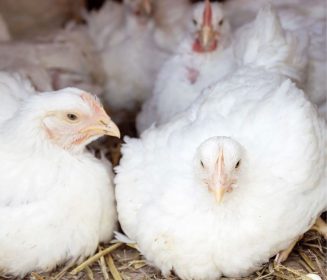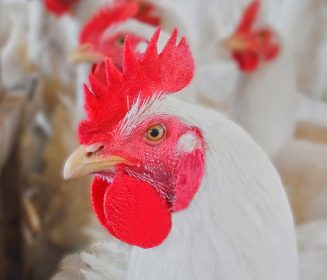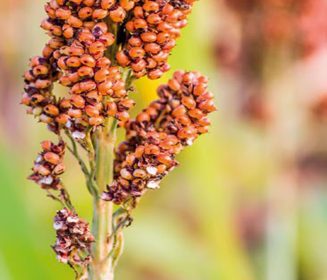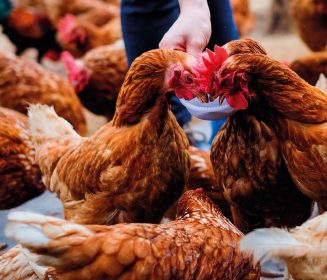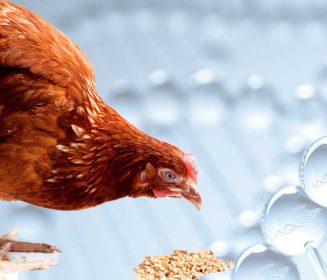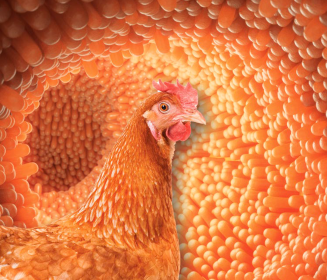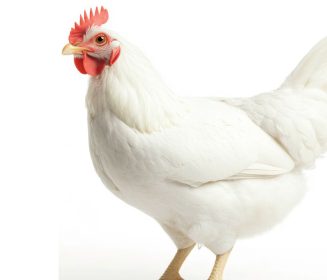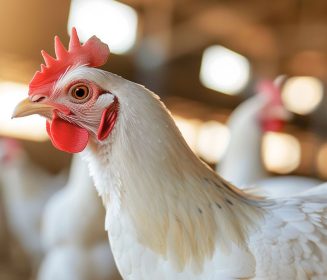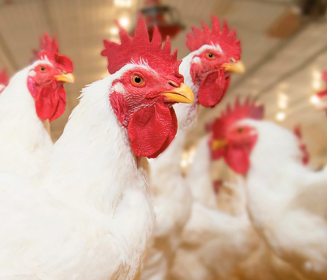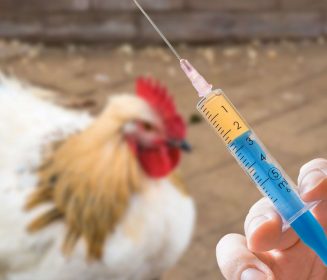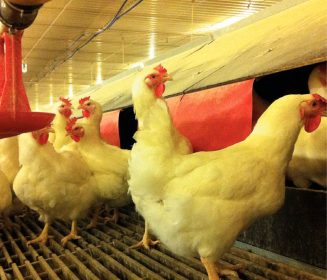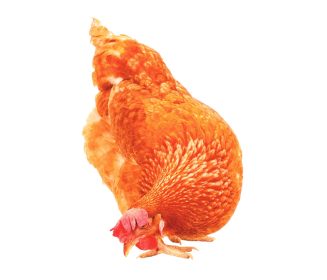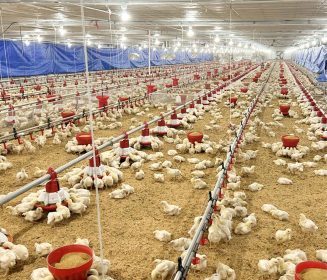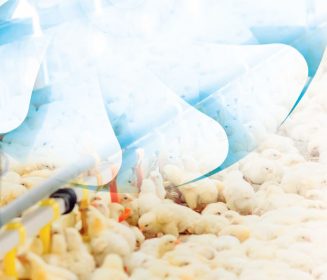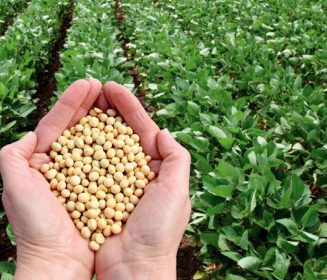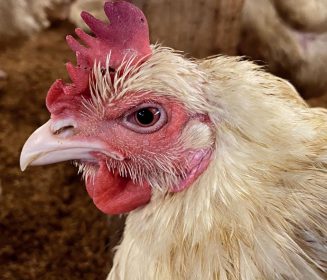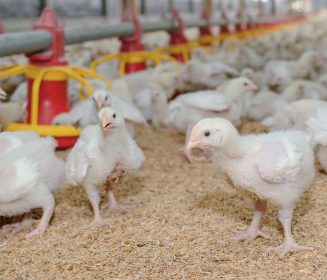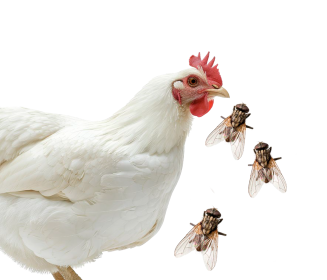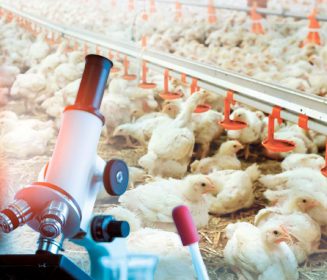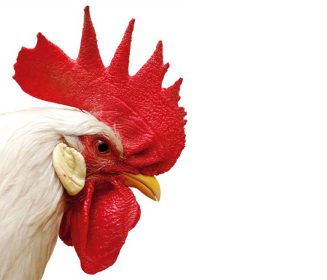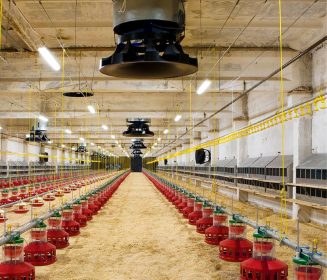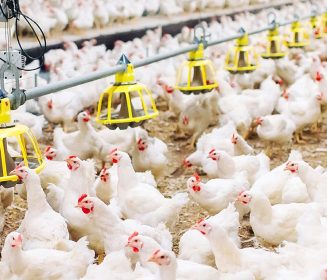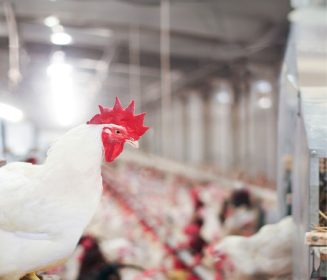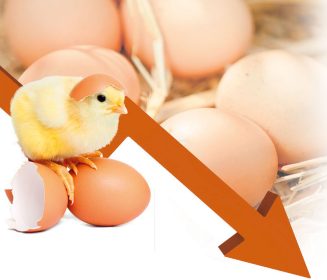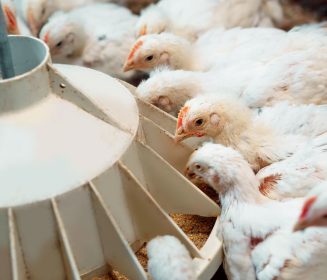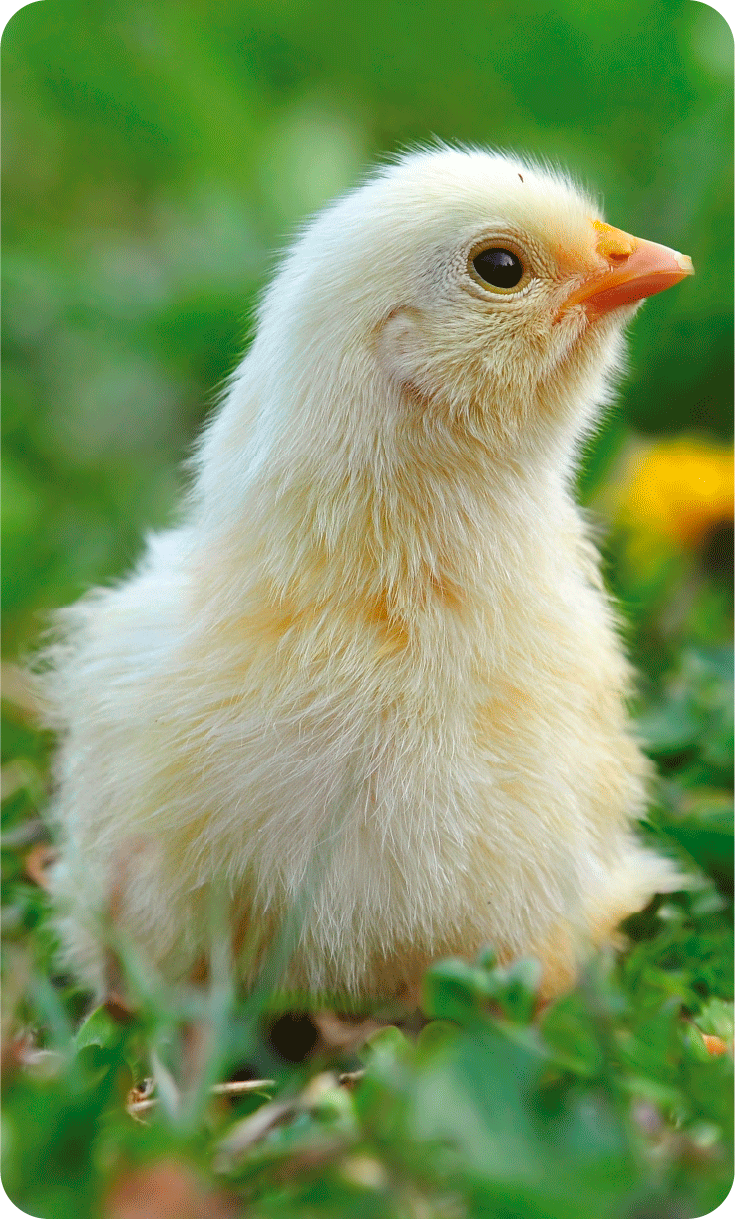07 May 2025
Philippines lifts import ban on Minnesota poultry
Poultry imports from the state of Minnesota in the US is again allowed entry into the Philippines after HPAI outbreaks were resolved.
Makikita ang content sa:
English
The Philippine Department of Agriculture has lifted its temporary ban on poultry imports from Minnesota in the US following confirmation that the outbreak of highly pathogenic avian influenza (HPAI) in the state has been resolved.
Through a new memorandum order, Agriculture Secretary Francisco Tiu Laurel Jr authorized the resumption of imports of live poultry, poultry meat, day-old chicks, hatching eggs, and poultry semen from Minnesota. The latest import ban on the state, imposed in February 2025, was a precautionary measure aimed at protecting the country’s poultry industry—an essential contributor to food security, employment, and investment.
The decision to lift the restriction was based on official reports submitted by US veterinary authorities to the World Organisation for Animal Health, confirming that all reported HPAI cases had been contained, with no new outbreaks reported since February 28.
US poultry trade boosts supply
The US remains one of the Philippines’ top poultry suppliers, contributing a substantial share of the nation’s chicken meat imports. According to the Bureau of Animal Industry, the U.S. shipped over 24,948 metric tons (MT) of chicken meat to the Philippines during the first two months of 2025—accounting for 32% of total poultry imports in that period, second only to Brazil.
Data from the US Department of Agriculture also shows that in 2024, US poultry exports to the Philippines reached 169,226 MT, valued at USD 194.07 million—representing a 186% increase over the past decade.
While the Philippines has a history of imposing temporary bans in response to disease outbreaks, continued surveillance and containment measures in the US remain vital to maintaining trade stability. Ongoing collaboration on biosecurity protocols and sustainable poultry production practices between both countries is essential to ensure a steady and safe supply of poultry products for Filipino consumers.


